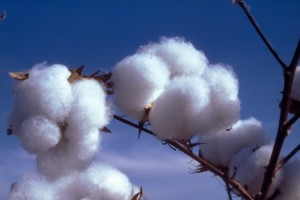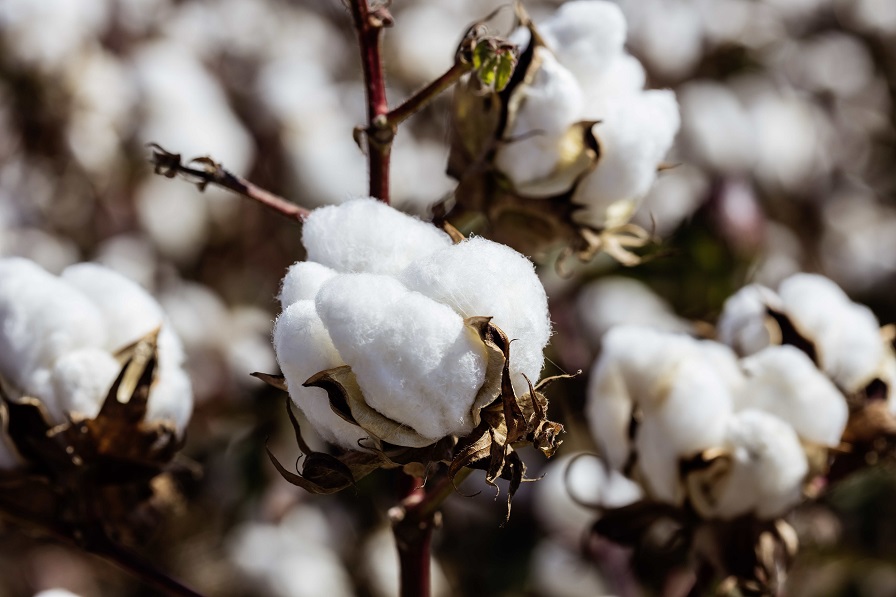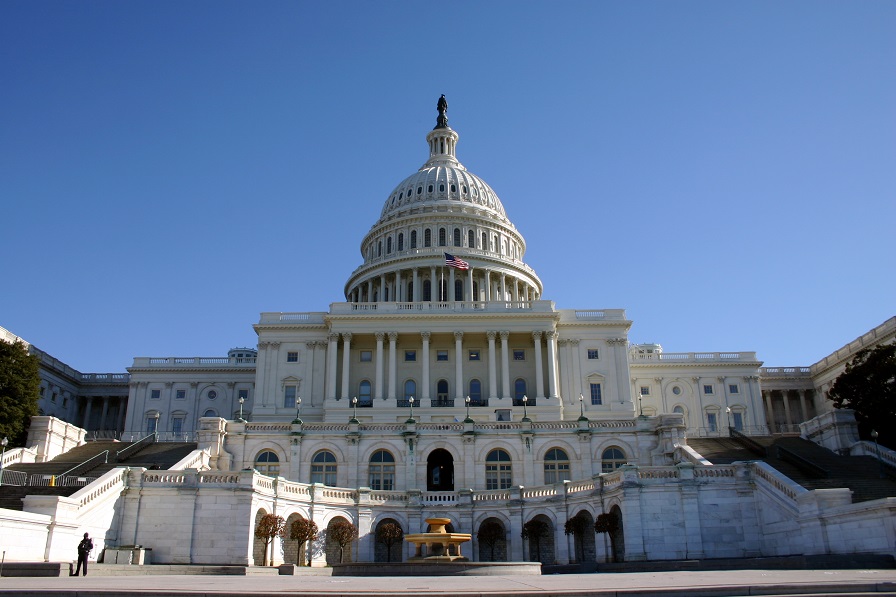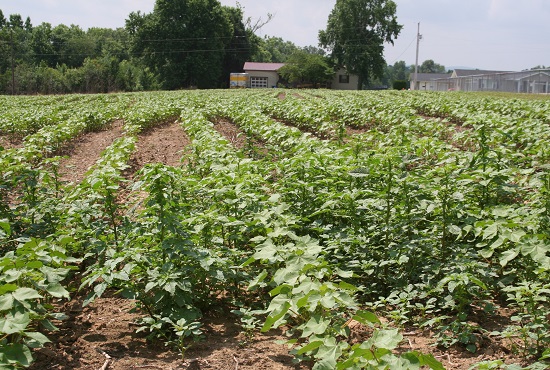The Aftereffects of the Indian Cotton Export Ban

By Manish Daga, Director, Lesha Impex
Author’s note: With the announcement of cotton export ban on March 5, 2012, India was considered a capricious partner in the global cotton market. “The decision to ban exports took into account the trend of domestic consumption and depletion of domestic availability,” the government said in a statement.
The topic of India’s cotton export ban was among the most-discussed issues in 2012 among the cotton fraternity. Everyone started analyzing the news as “China’s Loss” or “United States’ gain.” Post-ban, the world has only heard about the plight of International traders. But the suffering has been uniform, including within India.
We have made an attempt to highlight the views of all the major segments of Indian textile trade: the cotton farmer (producer), the ginner (processor) and the textile mill (consumer).Each view will be featured in a Cotton International newsletter (Oct. 4, 11, and 18).
India is a land of farmers and agriculture has been the most dominant sector in India for a very long time. The country is the world’s second-largest producer and exporter of cotton, but the condition of the growers who produce the fiber is not very good. About 80% of the cotton crop cultivators are small-scale farmers who possess less than 20 acres of land – and often less.
In India most of the farming depends on the monsoon, as irrigation facilities are available to only a few cotton areas. Indian farmers are forever trapped in the quicksand of debt thanks to the opaque government policies, high cost of seeds, lack of technology, an unpredictable market, high labor costs, etc. The lack of pre-harvest finances only add to the plight of the farmers. Indian growers, who are largely uneducated, often fall prey to taking unnecessary loans from banks or borrowing money from lenders. This only adds to their suffering and the industry needs to recognize their plight. Lesha Impex has undertaken a corporate social responsibility (CSR) initiative to educate farmers about the above-mentioned problems, but the challenges faced during the last two years have been far worse due to ever-fluctuating cotton prices and erratic weather conditions.
Excerpts from our interview with a progressive cotton farmer from Vidarbha district of Maharashtra, which has been witnessing a spate of farmer suicides:
Farmer : Mr Prakash Khedkar
Land: 22 acres in Murtijapur, Maharashtra, India
Q1. What was the impact that the export ban had on your business? Please list both positive and negative impacts, if any?
Farmer: The export ban had a very negative impact on our business. We had to sell our crop at very subsidized rates. The rates went down to Rs 3400 (USD 68) per quintal, which previously were Rs. 4200 (USD 84) per quintal. The traders also started demanding the seed cotton at a very low price. Many of the marginal farmers who live on very low income had no other option but to sell the crops at the low rates. We also considered the option of selling it to the ginners but they too denied the crop by saying that the quality of the produce was poor. The ginners also said that there was no demand from Mills and exporters.
Q2. How would things have been different for your business if the ban had never been implemented?
Farmer: If the government had not implemented the ban our business would have not suffered the loss it did because of the ban. The rates of the produce would have probably increased or remained the same. Either of the options would have helped us maintain ourselves and the flow of cash could have been carried out effortlessly. Following the good rates that we got in 2011, we had opted for growing cotton instead of other crops. But we lost a lot of money as our expenses of seeds, fertilisers, pesticides and labour were not met.
Q3. Regardless of whether it helped your business or hurt it, what do you think the export ban did to India’s reputation as a reliable trading partner in the international community?
Farmer: The export ban implemented by the government has only incurred losses not only to cotton industry but also to India’s reputation as a reliable trading partner in the international community. In addition, for farmers like us it becomes difficult to decide whether to plant cotton as compared to the other options like maize and soybean which will incur better income.
Q4. Do you foresee the government continuing to implement policies that affect free trade in the near future (for example, another export ban next season, removing or instituting import/export tariffs etc?)
Farmer: Yes, there is always a fear in our minds that the government would induce another ban any season causing huge losses to us.
Q5. Any other comments?
Farmer: Globally, the prices of the agriculture have gone up as compared to the non-agricultural sector. However, this does not imply that the farmers are getting their worth, at least in the cotton industry. We are called “Sons of Soil” but are more like God’s unwanted sons.
Daga’s Analysis:
In conclusion, it is imperative that the Indian Government improves the market structure of cotton, ensuring competitive pricing and increasing banking and warehouse facilities. We must educate the farmers to enhance yield and quality of cotton. There is maximum potential for growth in this sector. Optimum utilisation of domestic/foreign funds and resources will lead to a “White Revolution” in cotton as India will produce 50% more cotton with the same area under cultivation. Better management of seeds, water, fertilisers and pesticides will certainly improve productivity thus enriching the lives of farmers.








